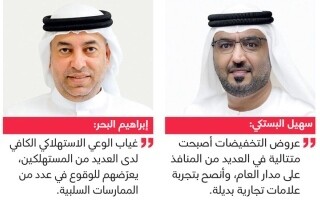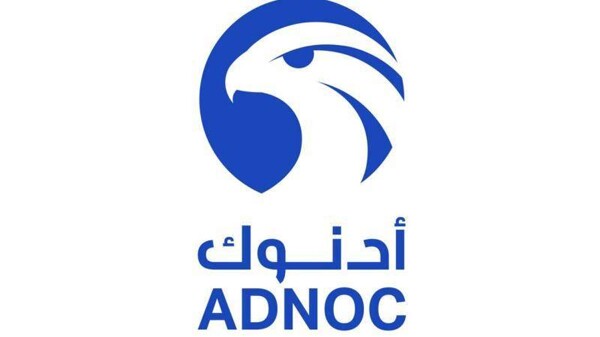
During the month of Ramadan, specialists and experts in the field of diverse trade identified three negative practices for consumers during shopping. One of the most widespread is stockpiling of goods, especially of perishable products. According to data from "Emirates Today", among the negative practices observed at the beginning of Ramadan, some consumers stick to certain brand labels and refuse to purchase substitutes, while also spending excessively on shopping for fresh products, such as vegetables and fruits, which spoil quickly.
The main focus is on the need to avoid such practices within the framework of reasonable and thoughtful purchases, transitioning to shopping as needed instead of bulk buying, seeking more price-appropriate alternatives and verified product quality.
The Director General of Community Affairs at the "Cooperative Union", Dr. Suhail Al-Bustaki, noted that among the negative practices for consumers during Ramadan is stockpiling of goods offered in large quantities, which can lead to the waste of significant part of these products.
Al-Bustaki called for step-by-step purchases instead of bulk buying, supporting that such an approach does not align with the principles of reasonable shopping. He also noted that purchasing out of necessity helps avoid waste of products.
The sales manager from one of the retail chains Dilip Vishal emphasized three distinguishing negative practices for consumers during the month of Ramadan, among them stockpiling of offerings without rationale, although some products are available for two weeks, while others – until the end of the month, according to the proposed packaging.
Vishal also mentioned cases of excessive demand for certain products by some consumers, who purchase large quantities of vegetables and fruits or fresh products in bulk, regardless of their perishable nature, which complicates their storage. He highlighted that consumers tend to stick to purchases of products from certain brand labels, while the experience of other brands with the same quality and lower prices may help save significant amounts in the budget for the month of Ramadan.
Expert on diverse trade issues Ibrahim Al-Bahr emphasized that the inadequacy of consumer awareness among many consumers puts them at risk of falling into a number of negative practices observed during the month of Ramadan, such as unnecessary stockpiling of goods offered out of fear of missing out on discounts, sticking to certain brand labels or excessive consumption through buying large quantities of fresh products.
Al-Bahr highlighted the importance of avoiding similar negative practices, as this helps optimize expenses, economize means during purchases in general, especially during the month of Ramadan.














